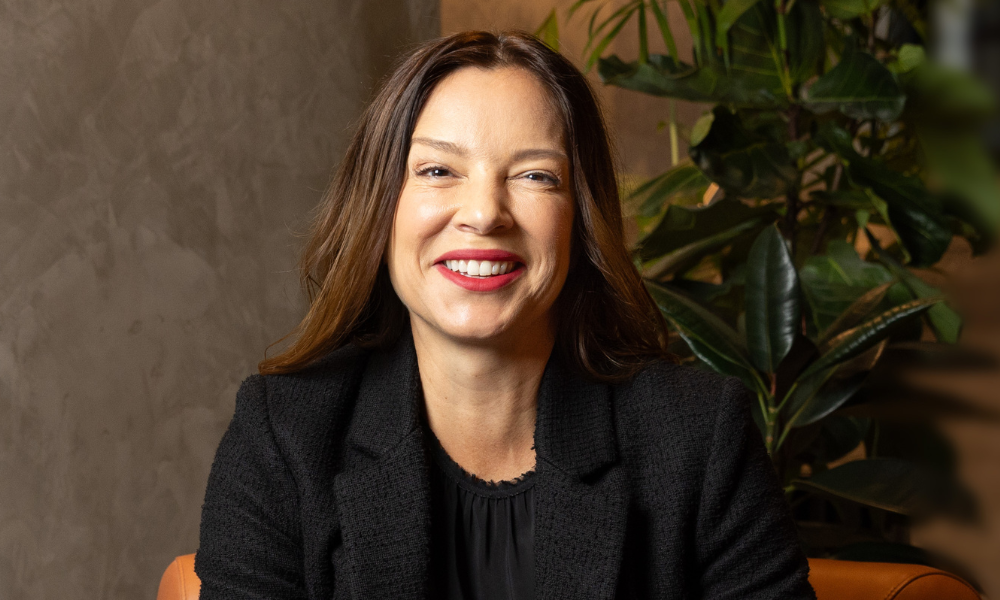Cashback, clawback also highlighted in MFAA annual report

Payroll tax remains one of the key issues impacting the mortgage sector, according to MFAA CEO Anja Pannek following the release of the peak industry body’s 2022-2023 annual report.
Over the past financial year, the MFAA, as part of its role in representing the mortgage and finance sector, has gone to bat for its members on several issues.
Pannek (pictured above) said the application of payroll tax on broker commissions in NSW remained a key advocacy area raised by members.
“We consistently seek feedback from our members on issues that are impacting their business, and their clients, to inform where our advocacy efforts are focused,” Pannek said. “During FY23, a key advocacy area that our members raised with us was the issue of payroll tax in NSW.
“This new tax was being unfairly applied to our industry and would have significant impacts on the livelihood of individual brokers, and as payroll tax legislation is harmonised across most states it was essential that the industry take action.”
Pannek said the MFAA was proud to lead the industry on this issue which “while yet to be fully resolved, resulted in the industry’s voice being heard and a ‘stop-action’ secured from Revenue NSW”.
On February 24, the MFAA wrote to the then NSW Premier Dominic Perrotett, along with key members of the state government, asking for a moratorium on any payroll tax action against the NSW mortgage and finance broking industry by Revenue NSW.
The MFAA has also addressed a number of other industry concerns.
“We have also been vocal on cashbacks and the opaque lending market they were creating for consumers and the consequences for our members in terms of clawbacks, while our advocacy for fairer clawback structures overall continues,” Pannek said.
“We also seek to identify proposed changes to regulation that could negatively impact our members at the outset, these can include seemingly insignificant changes to business practices but collectively, if implemented, would add undue burden to the way our members do business.”
When it comes to membership, the MFAA annual report highlighted the fact that 71% of MFAA members are men and 29% are women with the organisation actively seeking to increase female participation in the sector.
Pannek said while the MFAA’s membership base covered the whole industry including mortgage and finance brokers, aggregators, mortgage managers, lenders and other service providers to the industry, 97% of the organisation’s membership are mortgage and finance brokers.
“At 29%, the proportion of MFAA members identifying as female is higher than the broker population overall, reported as 25.4% through our industry leading research,” she said.
“However, the stagnation in the proportion of female brokers is something we continue to work with industry on, to implement strategies that drive an industry that is diverse, equitable and inclusive.
“Our Opportunities for Woman research has shown that there has been a positive shift in the dynamics of the mortgage and finance broking industry when it comes to diversity, it also identified unconscious bias as the number one barrier for women seeking to be a broker.”
When it comes to the age of its membership, the annual report revealed 25% of MFFA members are over 60.
Pannek said attracting new talent was essential for the long-term sustainability of the industry.
“Our industry is one that offers myriad rewarding career options,” she said.
“We are actively taking steps to raise the profile of mortgage and finance broking as career of choice among generations entering the workforce for the first time.
“We’re also advocating for funding to be available to broking businesses to employ and train staff in the industry offering a career path for young people to grow and thrive in our industry and support them to become leaders.”
What you think are the key issues facing the mortgage sector now? Share your thoughts below.



